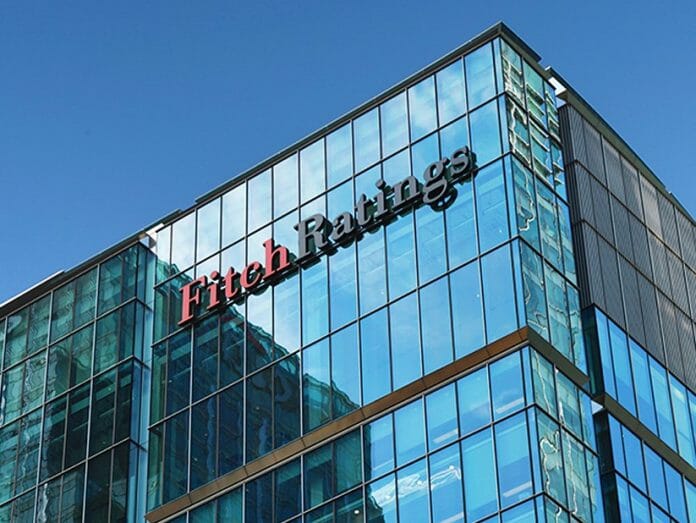The demand, development, and market shares of Islamic finance in any given jurisdiction are largely affected by public awareness, shariah sensitivity, confidence, and the competitiveness of the product offering, Fitch Ratings says.
Supply drivers also influence demand. These include enabling regulations for Islamic finance, political will, a viable and profitable business model, the availability of diverse financing products that meet customers’ needs, adequate branch and digital banking networks and the presence of Islamic investors and other stakeholders. The development of domestic financial markets is also a key factor.
Islamic banks engage with broadly three customer groups. The first group prioritises sharia-compliant products, with secondary importance placed on pricing, service-quality or other factors. The second group comprises customers that have some sharia sensitivities and are likely to choose Islamic products if the returns and service offerings are the same as in conventional finance. The third group are those that are not sharia sensitive in financial affairs, but instead would choose products based purely on pricing, availability, and service quality, among other factors.
Limited awareness is an impediment in many markets. In Indonesia, which has the largest Muslim population in the world, the sharia financial literacy rate was a low 9.1% in 2022. In 2021, the Turkish government reported that 60% of the surveyed population in Turkiye did not understand the meaning of “participation banking” (ie the Turkish term for Islamic banking). In Morocco, only 18% of the surveyed population believed that Islamic banks’ financing products were halal, according to Sunergia. In Nigeria, segments of the public strongly oppose Islamic finance. In the UK, Muslims are about 5% of the population, but almost half of them have never used Islamic finance products.
In the UAE, 29% of the sampled population were not aware that Islamic banking products existed, according to the 2021 Islamic banking Index by Emirates Islamic. In 2019, Bank Negara Malaysia reported that almost 60% of SMEs in Malaysia were not aware of the availability of Islamic financing facilities.
In some cases, customers lack confidence in the sharia compliance of products and believe that Islamic banking is effectively the same as conventional banking. Islamic banks in general face higher reputational and operational risks compared with conventional banks, as they need to ensure the compliance of their entire operations and activities with sharia principles. This entails additional costs, processes, disclosures, regulations, reporting, sharia reviews and audits, which has a negative impact on their credit profiles, and is relevant to their ratings in conjunction with other factors.
Some governments in Muslim-majority countries have strategic plans to support Islamic finance, spread awareness and develop regulations, in particular with a regulatory focus on sharia governance. Failure to comply with sharia governance regulations can result in fines and reputational risks.
Global Islamic finance assets are estimated to have crossed USD3.3 trillion in 1H23. If impediments in both the demand and supply drivers are addressed, Fitch expects to see strong long-term growth, although this is likely to be concentrated in a few markets.
More than 70% of global Islamic banking assets are concentrated in the GCC countries, Malaysia, Bangladesh, Jordan, and Pakistan, with domestic market shares ranging from 85% to 15%. Sharia-sensitivity, awareness and confidence are relatively higher in these markets, with the presence of supply-side drivers and the segment being long-established. However, there are countries with large Muslim populations – like Indonesia, Turkiye, Egypt, Nigeria, Algeria and Morocco – where Islamic banks have a niche presence, with less than a 10% domestic market share.
In many OIC countries and non-Muslim countries with sizeable Muslim populations, Islamic financial services are not present or are relatively undeveloped due to impediments in both the demand and supply drivers.









